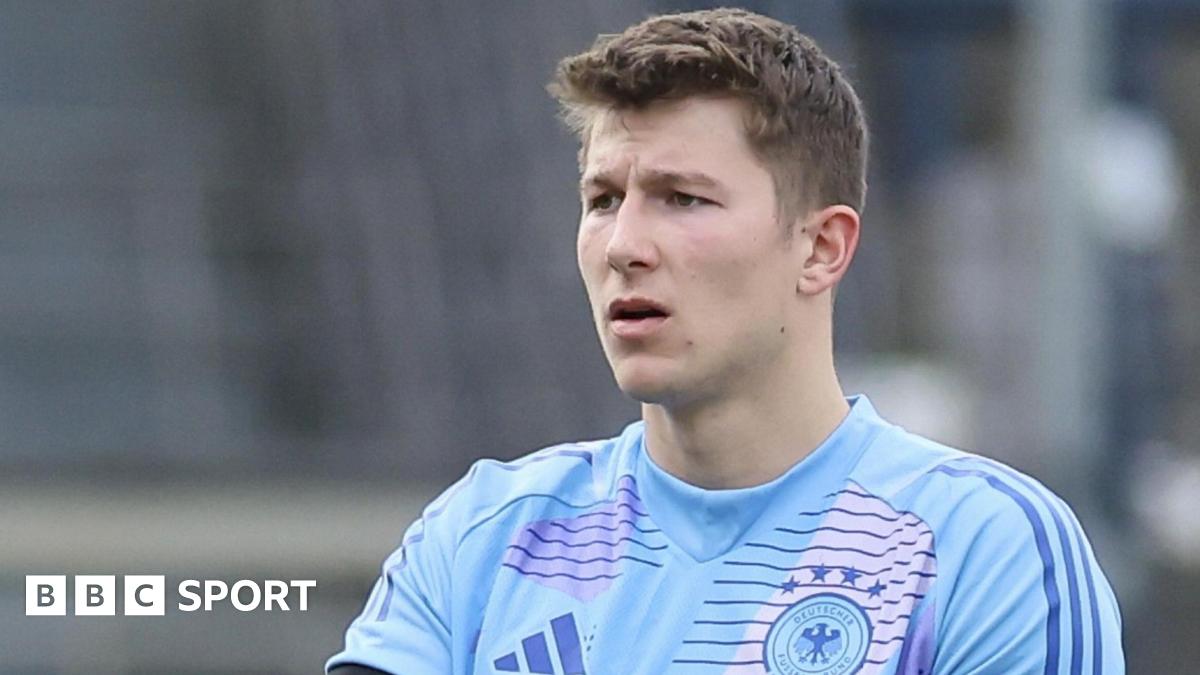Tracking SDG 7: The Energy Progress Report 2025 finds that almost 92% of the world’s population now has basic access to electricity Although this is an improvement since 2022, which saw the number of people without basic access decrease for the first time in a decade, over 666 million people remain without access, indicating that the current rate is insufficient to reach universal access by 2030. Clean cooking access is progressing but below the rates of progress seen in the 2010s, as efforts remain hobbled by setbacks during the Covid-19 pandemic, following energy price shocks, and debt crises.
Released today, the latest edition of the annual report that tracks progress towards Sustainable Development Goal (SDG) 7 highlights the role of distributed renewable energy (a combination of mini-grid and off-grid solar systems) to accelerate access, since the population remaining unconnected lives mostly in remote, lower-income, and fragile areas. Cost-effective and rapidly scalable, decentralised solutions are able to reach communities in such rural areas.
Decentralised solutions are also needed to increase access to clean cooking. With an estimated 1.5 billion people residing in rural areas still lacking access to clean cooking, the use of off-grid clean technologies, such as household biogas plants and mini-grids that facilitate electric cooking, can provide solutions that reduce health impacts caused by household air pollution. Over 670 million people remain without electricity access, and over 2 billion people remain dependent on polluting and hazardous fuels such as firewood and charcoal for their cooking needs.
Notable progress was made in different indicators. The international financial flows to developing countries in support of clean energy grew for the third year in a row to reach USD 21.6 billion in 2023. Installed renewables capacity per capita continued to increase year-on-year to reach a new high of 341 watts per capita in developing countries, up from 155 watts in 2015.
Yet regional disparities persist, indicating that particular support is needed for developing regions. In sub-Saharan Africa – which lags behind across most indicators – renewables deployment has rapidly expanded but remains limited to 40 watts of installed capacity per capita on average which is only one-eighth of the average of other developing countries. Eighty-five percent of the global population without electricity access reside in the region, while four in five families are without access to clean cooking. And the number of people without clean cooking access in the region continues to grow at a rate of 14 million people yearly.
The report identified the lack of sufficient and affordable financing as a key reason for regional inequalities and slow progress. To build on the achievements to date and avoid any further regressions on access to electricity and clean cooking due to looming risks in global markets, the report calls for strengthened international cooperation of public and private sectors, to scale up financial support for developing countries, especially in sub-Saharan Africa. Urgent actions include reforms in multilateral and bilateral lending to expand the availability of public capital; more concessional finance mobilisation, grants, and risk mitigation instruments; improvement in risk tolerance among donors; as well as appropriate national energy planning and regulations.
The report will be presented to decision-makers at a special launch event on 16 July 2025 at the High-Level Political Forum on Sustainable Development in New York, which oversees progress on the SDGs.
“Despite progress in some parts of the world, the expansion of electricity and clean cooking access remains disappointingly slow, especially in Africa. This is contributing to millions of premature deaths each year linked to smoke inhalation, and is holding back development and education opportunities. Greater investment in clean cooking and electricity supply is urgently required, including support to reduce the cost of capital for projects.”
“Renewables have seen record growth in recent years, reminding the world of its affordability, scalability, and its role in further reducing energy poverty. But we must accelerate progress at this crunch time. This means overcoming challenges, which include infrastructure gaps. The lack of progress, especially on infrastructure, is a reflection of limited access to financing. Although international financial flows to developing countries in support of clean energy grew to USD 21.6 billion in 2023, only two regions in the world have seen real progress in the financial flows. To close the access and infrastructure gaps, we need strengthened international cooperation to scale up affordable financing and impact–driven capital for the least developed and developing countries.”
“This year’s report shows that now is the time to come together to build on existing achievements and scale up our efforts. Despite advancements in increasing renewables-based electricity, which now makes up almost 30 percent of global electricity consumption, the use of renewables for other energy-related purposes remains stagnant. While energy intensity improved in 2022, overall progress remains weak, threatening economic growth and the energy efficiency goals agreed upon at COP28. The clock is ticking. The findings of this year’s report should serve as a rallying point, to rapidly mobilize efforts and investments, so that together, we ensure sustainable energy for all by 2030.”
"As we approach the five-year mark to achieve the SDG7 targets, it is imperative to accelerate the deployment of electricity connections, especially in Sub-Saharan Africa, where half of the 666 million people lacking access reside. As part of the Mission 300 movement, 12 African nations have launched national energy compacts, in which they commit to substantial reforms to lower costs of generation and transmission, and scale up distributed renewable energy solutions. Initiatives such as this unite governments, the private sector, and development partners in a collaborative effort.
“The same pollutants that are poisoning our planet are also poisoning people, contributing to millions of deaths each year from cardiovascular and respiratory diseases, particularly among the most vulnerable, including women and children," said Dr Tedros Adhanom Ghebreyesus, WHO Director-General. "We urgently need scaled-up action and investment in clean cooking solutions to protect the health of both people and planet—now and in the future.”
This report is published by the SDG 7 custodian agencies, the International Energy Agency (IEA), the International Renewable Energy Agency (IRENA), the United Nations Statistics Division (UNSD), the World Bank, and the World Health Organization (WHO) and aims to provide the international community with a global dashboard to register progress on energy access, energy efficiency, renewable energy and international cooperation to advance SDG 7.
This year’s edition was chaired by IRENA.
The report can be downloaded at https://trackingsdg7.esmap.org/
Funding for the report was provided by the World Bank’s Energy Sector Management Assistance Program (ESMAP).












